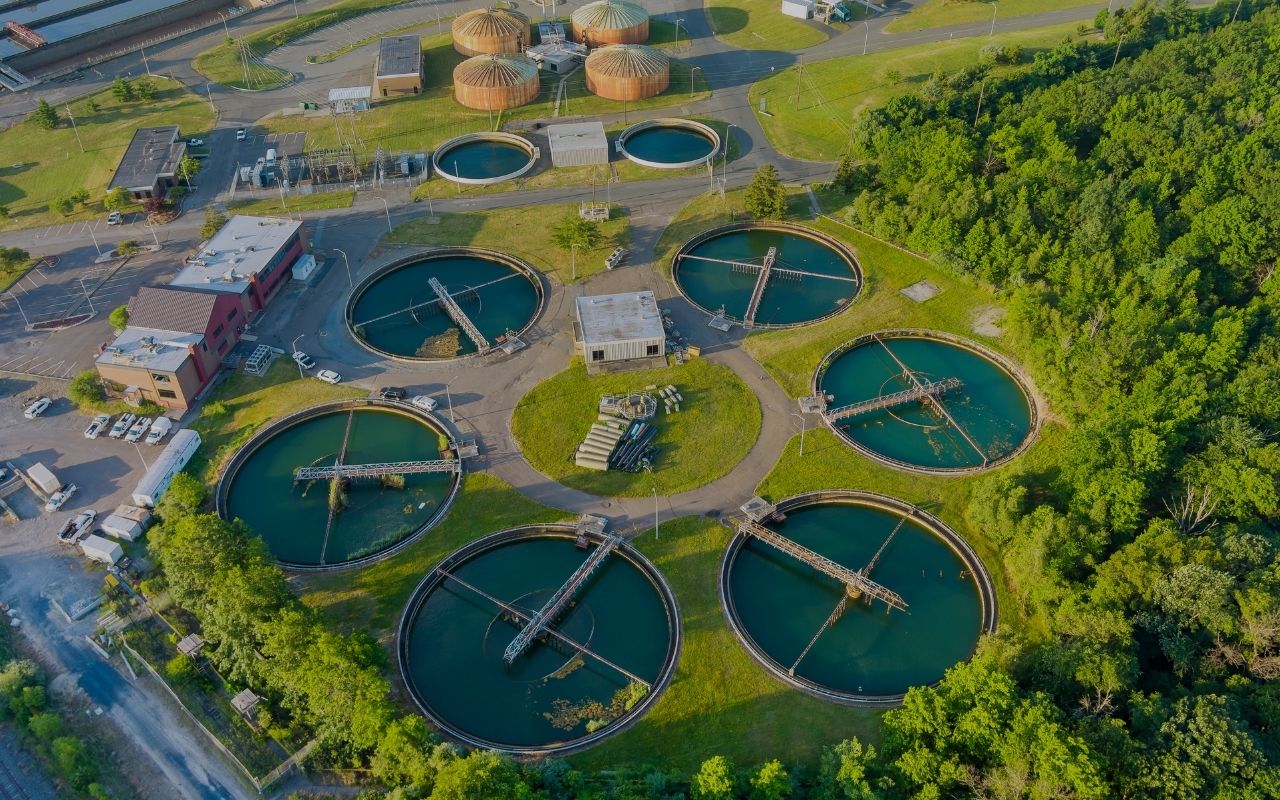Green Technology Water Treatment
The water treatment industry has long been a cornerstone of public health and economic growth. Ensuring a reliable supply of clean, safe water is essential for virtually all sectors of the economy, from agriculture and manufacturing to hospitality and healthcare.
Traditionally, water treatment has relied heavily on chemical processes, which, while effective, often carry significant environmental and economic costs. These include not only the direct costs of purchasing and disposing of chemicals but also indirect costs such as environmental degradation, potential health impacts, and regulatory compliance.
However, a shift is underway. With the increasing emphasis on sustainability and green technology, non-chemical water treatment methods are gaining ground. This trend offers not only environmental benefits but also significant economic opportunities.
Understanding Green Technology and Non-Chemical Water Treatment
Green technology, or clean technology, refers to the use of science and technology to create products and services that are environmentally friendly. This includes innovations designed to conserve natural resources, reduce emissions, and minimize waste.
Non-chemical water treatment methods, a key part of green technology, utilize physical or biological processes to remove contaminants from water. These can include:
- Filtration: The use of various media to physically remove particles and microorganisms from water.
- UV Sterilization: The use of ultraviolet light to kill or inactivate microorganisms.
- Ozonation: The use of ozone gas, a powerful oxidant, to disinfect water and break down contaminants.
- Water Electrolysis: The use of electro-chemical reactors consisting of anodes and cathodes
- Biological Process: The use of natural biological processes, such as bacteria breaking down organic matter in wastewater treatment.
By offering an alternative to chemical processes, these methods embody the principles of green technology: they are environmentally friendly, resource-efficient, and sustainable.
The Economic Benefits of Non-Chemical Water Treatment
- Cost-savings: Non-chemical water treatment methods can offer significant cost savings over the long term. Though the initial investment may be higher, the ongoing costs of chemicals, maintenance, and regulatory compliance are often much lower.
- Reduction in Environmental Footprint: Non-chemical water treatment methods can significantly help reduce environmental footprint and climate change.
- Job Creation: As a growing field, green technology offers considerable potential for job creation. This includes jobs in manufacturing, installation, maintenance, and research and development.
- Market Growth: The market for non-chemical water treatment is growing rapidly. Increasing environmental awareness, stricter regulatory standards, and the rising costs of water and wastewater treatment are all driving demand for green technology solutions.
- Long-term Economic Resilience: By reducing reliance on finite resources and decreasing vulnerability to regulatory and market changes, non-chemical water treatment can contribute to long-term economic resilience.
Challenges and Risks in Investing in Non-Chemical Water Treatment
- Regulatory Challenges: The regulatory landscape for green technologies is often complex and evolving, requiring significant time and expertise to navigate.
- Technological Challenges: While significant progress has been made, ongoing research and development are needed to improve the efficiency and affordability of non-chemical water treatment methods.
- Market Risks: Despite the growing demand, market acceptance of non-chemical methods is not guaranteed and may be influenced by various factors including public perception, economic conditions, and changes in government policy.
Conclusion
The shift towards non-chemical water treatment offers significant potential for reducing environmental footprint and climate change, conserving fresh water resources, economic growth, job creation, and long-term resilience. As these methods become more widely adopted, they could fundamentally transform the water treatment industry and contribute to a more sustainable economy.
To capitalize on these opportunities, further investment in research, development, and market development is needed. By investing in green technology and non-chemical water treatment, businesses, governments, and individuals can all play a part in shaping a more sustainable and prosperous future.


